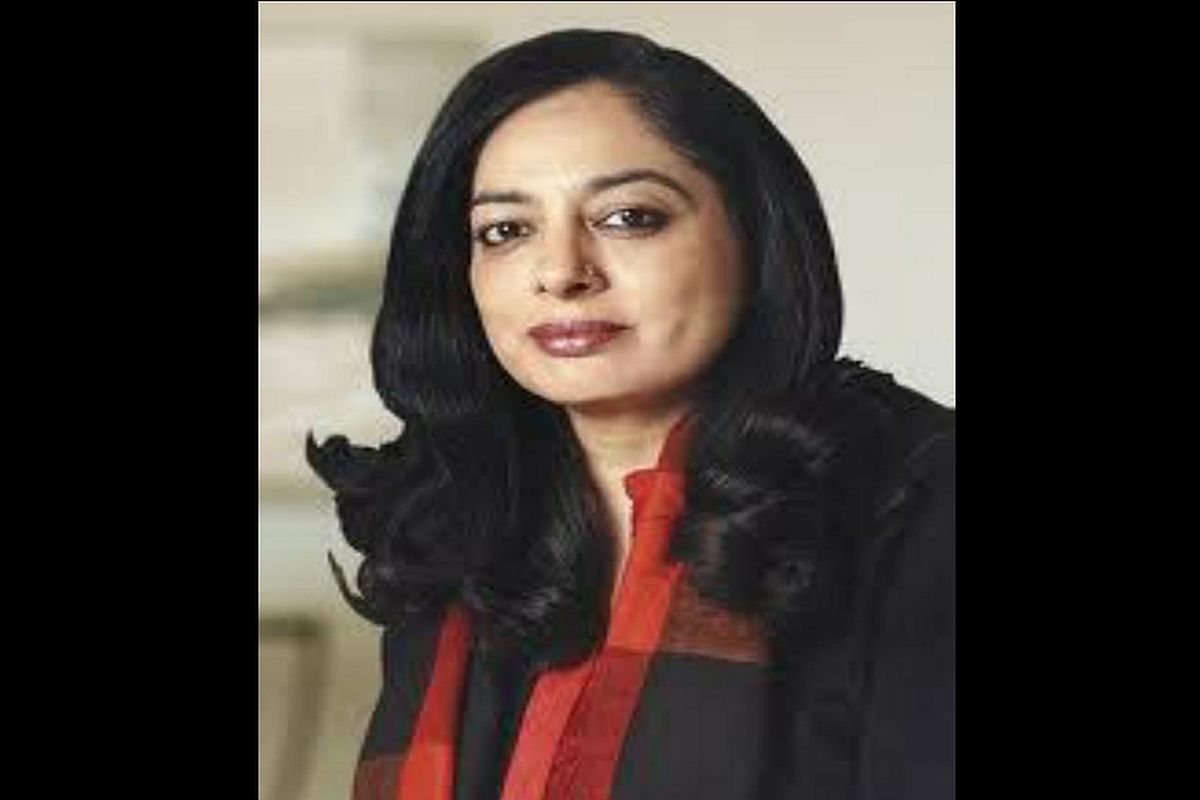Delhi PWD Minister inspects development projects
During the inspection, Minister Pravesh Verma took stock of three important projects. The first is from Bhoro Marg to Sarai Kale Khan where road strengthening work is going on till the ring road.
You never said I’m leaving, You never said, good bye, You were gone before I knew it And only God knew, why!

(Photo: IANS)
All people die, but not all people live! Sadia Dehlvi lived! She packed so much life into her eventful six decades.
She travelled, chased her dreams, worked in a profession she loved, fell in love, mended a broken heart and still put one foot in front of the other battling what she knew from the start was an incurable cancer. She did so with grace, dignity, integrity and courage.
Advertisement
Even during her weakness and painful moments, she had the heart to laugh at her lovely foibles.
Advertisement
Sadia Dehlvi — the woman, the myth, the legend that she was — men wanted to be with her, women wanted to be with her and above all, the kids wanted to be with her!
In the passing away of Sadia Dehlvi, a Muslim woman of much capability and prominence of the past 60 years, an era has ended — the era of a vibrant, vivacious and valorous Delhi’ite, keeper of the heritage and sainthood of Delhi.
She was proud of the well-cemented inter-faith concord as she believed that the soul of India is inclusive, pluralistic, and democratic. When someone asked about Sadia’s illness some time ago, despite being in agony, she said, “One of the few advantages of dying from Grade 3, Stage IIIC endometrial cancer, recurrent and metastasized to the liver and abdomen, is that you have time to write your own obituary. The other advantages are no longer bothering with sunscreen and no longer worrying about your cholesterol.”
Having seen her versatility and sharing the hobby of writing, I first wrote an article on her in the “Evening News” (a publication of “The Hindustan Times”, now closed) of 19 July 1988 – on her project of uplifting the literacy levels of Muslim girls in the walled city of Delhi.
Very early in her life, Sadia had also started making films on social causes – “Amma and Family” in 1995, with Zohra Sehgal, being the most popular one. In her television series in 2001, “Zindgi Kitni Khoobsurat Hei”, she acted as the lead.
I had known Sadia since my childhood as her father, Yunus Dehlvi and two uncles, Idrees Dehlvi and Ilyas Dehlvi, all pillars of the best Urdu publications — Shama, Sushma, Khilauna, Bano, Shabistan, Mujrim, Doshi and a whole lot of publications from Shama Book Depot and Khilauna Book Depot — were acquainted with me as I had often visited them in their office in Asaf Ali Road.
Sadia must have spent a very colourful life, living it to the fullest, yet she was a very spiritual and ecumenical soul. In her benchmark, “Sufism, The Heart of Islam,” she has focused on the fact that true Islam that many have forgotten has been about the Sufi way of life that joins lacerated hearts and broken families.
Her work, The Sufi Courtyard: Dargahs of Delhi, nicely laid out what in Urdu is known as, “Chaudah Khwaja ki Chaukhat” Rendezvous of Fourteen Saints). Her book, “Jasmine and Jinns” is a hallmark on the life and times of the Shahjahanabadi walled city of Delhi.
Sadia was marked by her unquestionable love for her family, especially her only son, her love of music, her life-long love of learning, her love of cuisine, her acceptance of everyone and refusal to judge or dismiss anyone, her enjoyment of people, and of hearing and telling funny stories.
I vouch if ever there was a competition of best dishes, she would have won numerous times, with her inimitable purani dilli (old Delhi) dishes learnt from her mother and grandmother.
Her pool parties were legendary. She could make killer cabbage rolls and mouth-watering and nostril-tickling Shami Kebabs. Being the heart and soul of Delhi, she loved the city’s variety of seasons.
Delhi has distinct seasons, and once upon a time lifestyles revolved around the weather. I would hear stories of how shopkeepers pulled down their shutters when the first rains arrived and went to Mehrauli for picnics with their families.
Special dishes were made in the monsoon like “Harimirch Qeema”, Chilly and Minced meat, Besani Roti and fresh Mango Chutney. “Nihari” was always associated with winter, and was eaten “nihar muh” (early morning), that is on an empty stomach.
In her rather short time on this earth, Sadia’s journey was like a rock thrown into a lake – sending ripples ever outward into the future. Your addiction doesn’t define you.
She was a writer, a traveller, a columnist, an educationist, a social activist, a poet, a thinker and above all a never-say-die community worker. She loved music, and her friendships and family ignited the hearth that was her heart! Without Sadia, Delhi will be poorer!
The writer is a commentator on social, cultural and educational issues and Chancellor of Maulana Azad National Urdu University.
Advertisement